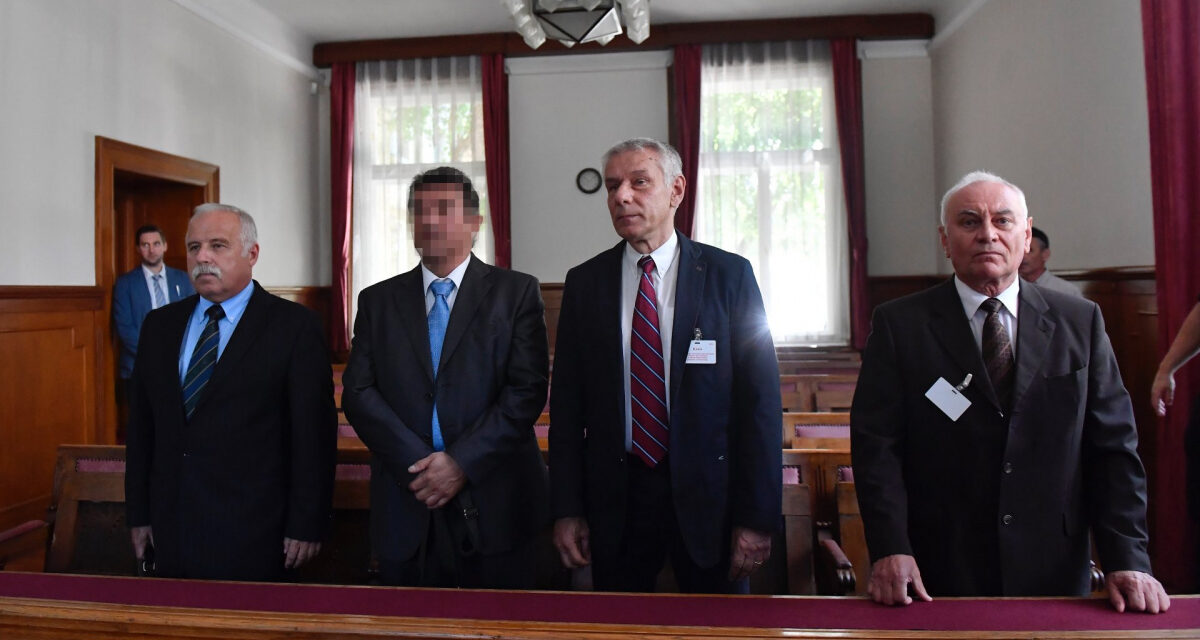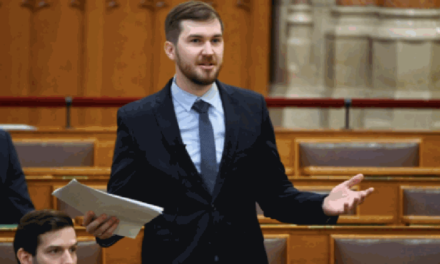One of the most scandalous chapters of the Gyurcsány governments' Russia policy is undoubtedly the case known as the spy scandal. In an almost unique case in the history of counterintelligence, in which there was later an investigation and indictment, all that is known is that with the cooperation of a member of the government at the time, Russian agents arrived in our country, who pretended to be Bulgarians and conducted a polygraph examination on Hungarian national security officers in the building of the domestic counterintelligence. All of this caused brutal damage to Hungary's relationship with the EU and NATO.
While nowadays Ferenc Gyurcsány likes to express his anti-Putin and anti-Russian opinion, he took a completely different position during his time as prime minister. In our series of articles, we already recalled that a joint Russian-Hungarian government meeting was held in Budapest in 2007, but we also recalled the specific chapters of the cordial relationship, when Gyurcsány, as prime minister, vowed to teach his children Russian, and when the Gyurcsány-Dobrev couple in their home, Apró - received President Putin in the villa.
Based on articles published in the press and court documents, the following story can be reconstructed. In the Parliament building, Szilvásy met with the deputy head of the Russian Federal Security Service (FSSB), the successor organization of the KGB. During the consultation, it emerged that information from the National Security Office (NBH), which is responsible for counter-espionage, had been leaked to unauthorized persons, and the FSB officer offered that the specialists of the organization under his control could help track down the leaker with a polygraph test.
Szilvásy then instructed Lajos Galambos, the then director general of the NBH, who was probably well known in Moscow as well, since he studied the profession at the KGB academy during the Soviet Union, to cooperate.
In 2011, the Budapest Military Prosecutor's Office brought charges against Galambos and his companions for the crime of espionage and criminal aiding and abetting. Along with Galambos, Sándor Laborc, who replaced the former at the head of the NBH, and the Minister of Secrets György Szilvásy found themselves on the dock. The fourth defendant, László Püski, is the head of a security company, Zömök Bezászágtechnikai Kft. It is worth mentioning that Zömök Kft. was started in the 1990s by György Gyimesi, who during socialism was a colleague and friend of Antal Apró, who was the junior head of group III/II at the Ministry of the Interior.
Zömök Kft. essentially grew out of the environment of Ferenc Gyurcsány's mother-in-law, Apró Piroská.
The details of the 2007 espionage case became public in April 2019, when the General Prosecutor's Office declassified the summary of the facts of the indictment and the essence of the judge's decision.
According to the indictment, following the parliamentary discussion, two Russian officers arrived in Hungary, posing as Bulgarian psychologists, and who, in cooperation with the NBH psychologist and with the help of interpreters, interrogated 16 Hungarian security officers using the polygraph method.
László Püski accompanied the Russians during their stay in Hungary. Püski arranged for the officers to arrive in the country at the small plane terminal of the Ferihegy airport, and the NBH's airport office also ensured their undetected transportation.
FSZB agents entered the NBH building without any records being made. During the investigations, one of the Russian officers handled the polygraph, while his partner monitored the events recorded with a camera and microphone from another room.
The two Russians gradually expanded the pre-agreed system of criteria and questions, which shifted towards the questions necessary to establish a psychological profile, so the attachment and lability factors, fears, reliability, compromising, foreign relations, reaction methods took place. and to reveal the pressuring factors - read the indictment. The specialist psychologist of the NBH reported all this to Galambos, however, the director general ordered that the screenings continue under the direction of the Russians.
The full article of Magyar Nemzet can be read here .
Opening image: The Szilvásy family at the Court's sentencing (Photo: MTI/ Tibor Illyés)













